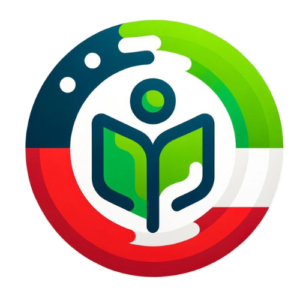Novareckon is a partner of the project Erasmus +: “Digital youth citizens for future society thanks to Erasmus”- Erasmus Youth E-CITIZEN.
Project leader is Pro Cultura Foundation from Poland.
Media competence (media literacy) has been recognized by the European Commission as one of the most important competences of the 21st century. The rapidity of the development of modern communication media and, at the same time, the risks associated with them, raises the need to continuously improve digital media literacy among both children and young people and adults, especially those who are involved in their education. This is particularly important for children and young people at risk of social exclusion and those working with them. In order to have a chance to make a real difference, it is crucial to choose appropriate educational methods that are attractive and effective for the participants. The aim of the project is to improve the quality of media education activities offered to young people, especially those at risk of exclusion.
During the project, the partners will share their experience in implementing media competence projects, learn about good practices and innovative educational tools implemented in both countries. What is very important, the Italian partner will teach the Polish partner how to build a well-functioning and effective cooperation network of organizations working to improve media competence of children and young people.
The objectives of the project are:
- To create and disseminate a catalogue of recommendations on “How to effectively teach media competence to young people at risk of social exclusion” with examples of good practice and innovative methods in education.
- To build a network in Poland consisting of entities involved in the education of children and young people at risk of social exclusion consisting of a minimum of 50 organisations, institutions and groups and to establish cooperation with the Italian network.
- To build a strong partnership, which can be extended to include actors from other countries and result in a cooperation project on the development of media competence of children and young people.
- To increase the knowledge of those working with children and young people regarding innovative educational methods in the field of media competence and good practices in their use.
- To inspire child and youth workers to implement activities and projects (also international) to improve media competence using the recommendations developed during the project.
- Increase the exchange of experience and the flow of information between organisations working with young people at risk of social exclusion.



